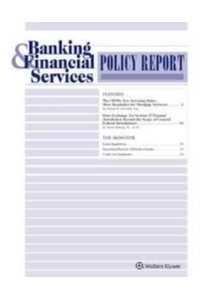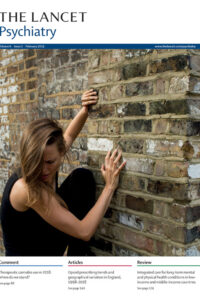“We are now ten years past the start of the global financial crisis of the first decade of this cen-tury, depending on what one considers the starting point. The Financial Times recently began a series of articles on the financial crisis and its aftermath,1 using as the starting point BNP Paribas’s decision in early August 2007 to suspend redemptions in several funds because subprime assets in those funds could not be accurately priced. That’s as reasonable a starting point as any.
Over the coming months we will see coverage of the ten-year anniversary of various milestones in the financial crisis. There will be much discussion of significant events such as the rescue of Bear Stearns, the bankruptcy of Lehman Brothers and the bail-out of AIG. There will also, no doubt, be a continuation of the debates over what caused the financial crisis, what we learned from it, and whether the financial system is safer now than it was then. As for causes, some will point to housing policy and subprime lending, others will point to deregulation, still others will point to securitization, derivatives, or shadow banking.
But what if the root cause of the financial crisis was not abstract policies or complex products, but instead simple human failing? Failing by many and on a grand scale, to be sure, but failing nevertheless.I first contemplated the role of human failing in the financial crisis when I was asked to speak to a group of members of Opus Dei, the Catholic orga-nization, about my perspective on the financial crisis.
Given my audience, I adopted as the theme for my remarks the concept of the seven deadly sins, which have their roots in Christian teaching. I subsequently delivered talks on the theme of the deadliest sin of the financial crisis on two occasions in The Netherlands in 2016. In this article, I first provide some brief back-ground on the seven deadly sins (lust, envy, gluttony, sloth, pride, greed, and wrath)5 and related virtues. Some readers may not need or might prefer to skip that section. After that, I share my views on what I believe was the deadliest sin of the financial crisis. I then consider whether and how the many regulatory reforms that have been enacted post-crisis may protect the financial system by protecting us from our weaker selves.”




